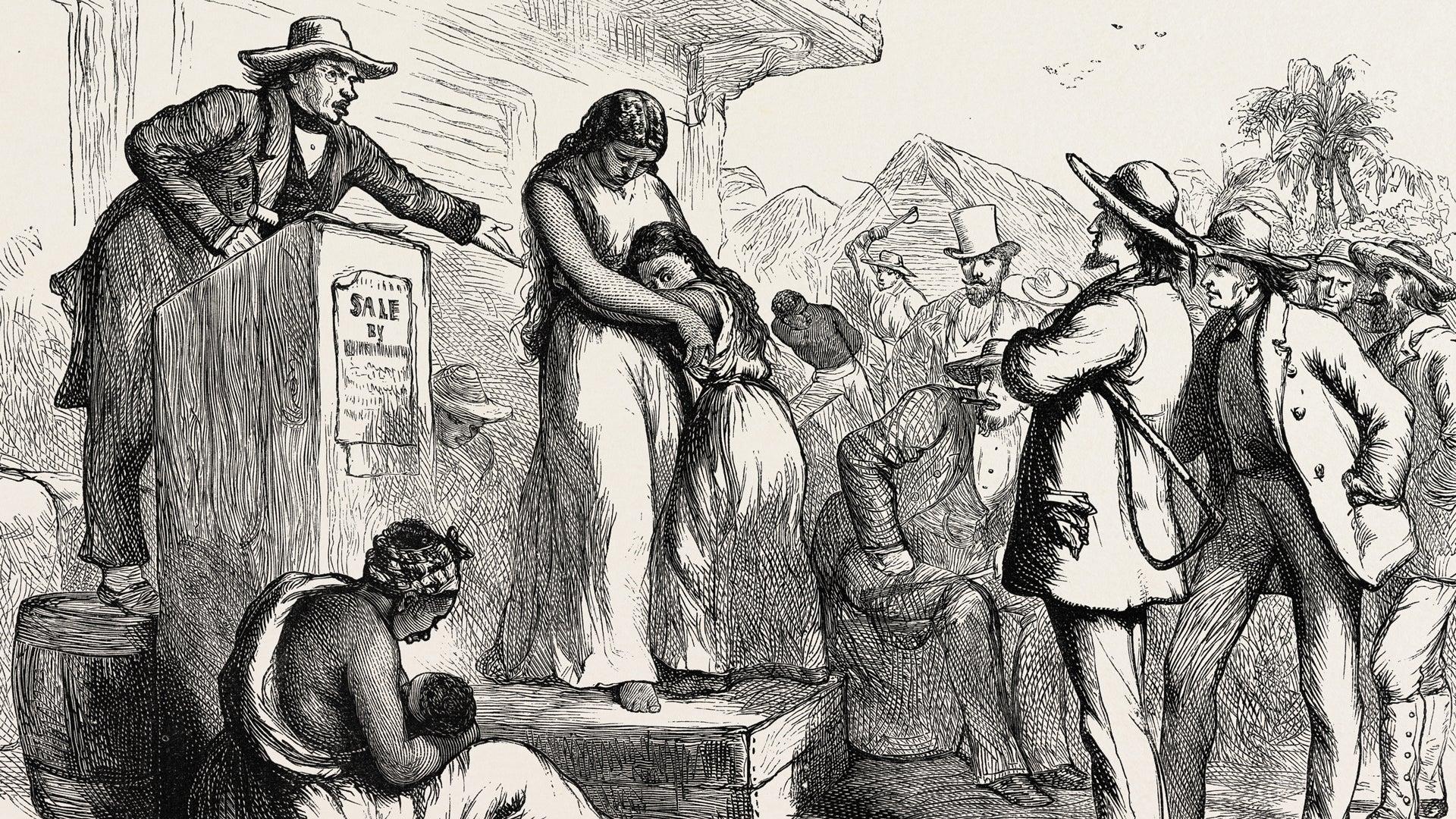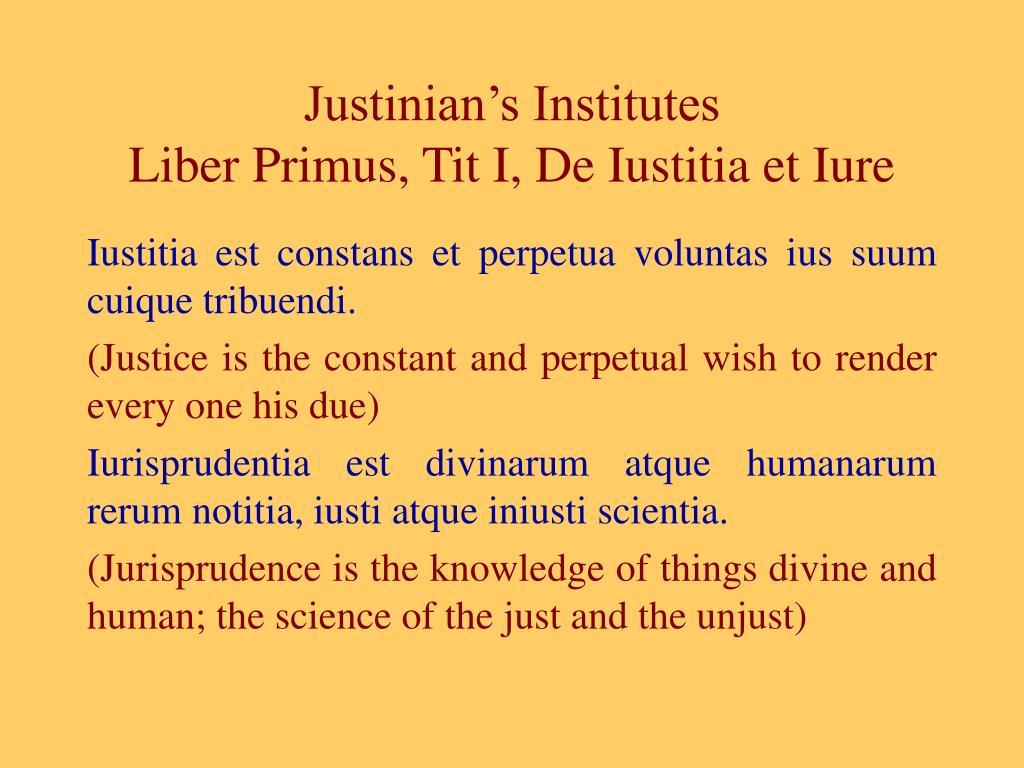What is justice? There are many opinions. However, justice does objectively exist, at least on a conscious level, it is perceptible. Based on objectivism, this discussion grasps justice from an appearance-oriented perspective.
Justice is an eternal topic in human society.
The History of the Concept of Justice#
Historically, the Latin word "justice" comes from the Roman goddess of justice, Justitia. Plato viewed justice as a general virtue; Aristotle divided justice into distributive justice and corrective justice, stating that "fairness is proportional"; Thomas Aquinas defined justice as a habit; Hobbes believed that justice only exists under a determined order; Bentham argued that the standard of justice should be based on "utility"; Pound believed that justice means a system that allows everyone to be satisfied with the least obstruction and waste; Rawls' theory of justice as fairness posits that justice must first adhere to the principle of maximum equal liberty, and on that basis, treat disadvantaged groups differently...
Justice Under Objectivism#
What is justice? There are many opinions. However, justice does objectively exist, at least on a conscious level, it is perceptible. Based on objectivism, this discussion grasps justice from an appearance-oriented perspective. Unlike Marxism, which posits that material determines consciousness, objectivism does not actively distinguish between material consciousness but understands issues from a material perspective. In objectivism, consciousness is also material. Distinguishing material consciousness is unnecessary. As a concept, justice certainly does not only exist in ideas, or rather, what is the material basis that upholds justice?
Justice is Not Necessarily Achievable Norm#
We can say that justice is a divine rule, but justice is influenced through human actions. The Declaration of Independence claims that all men are created equal. This equality did not exist before the Emancipation Proclamation. It was only realized due to the development of various contradictions. We can say this is the result of the struggle of Black people, or we can say it is the victory of the bourgeoisie represented by the North in the Civil War, or we can say it is a matter of tactical coincidence in war.

Causality exists objectively; many causes contribute to the same event. Even a butterfly should not be overlooked for its force in causality. Or evaluated through quantitative means. These have become unimportant because Black people have been liberated. Justice has been realized.
I do not like to grasp from a spiritual perspective because I cannot grasp it, so I understand justice from a material appearance perspective. Any justice must operate through or be contained in the external aspects of things. Therefore, justice is nothing more than through humans, the environment, and other factors, including things I cannot comprehend.
In other words, a justice that cannot be realized is not justice. Because the aforementioned external factors cannot satisfy it at all. Therefore, the justice I understand must be realizable, but not necessarily realized.
Justice is Objective, Constantly Changing, and Not Absolutely Certain#
Justice is not a rule that can be whimsically applied. If Black people demand a status above white people, it is unrealistic. Justice is also not an eternal and unchanging rule. Just like in "Rise of the Planet of the Apes," animals can also shed their object status. Justice is not absolute; luck is also part of strength, just like Schrödinger's cat, which is difficult to grasp or is itself a kind of law.
Therefore, we can take the opposite of the former; justice is an objective, constantly changing, and not absolutely certain thing.
The Long-Lasting Material Basis of Justice: Refuting the Evaluation of Relativism#
Change does not equal relativism, just as I understand morality.
Relativism is to doubt everything. Specifically, it is to deny the existence of justice.
This discussion judges justice from an appearance-oriented perspective, removing the relative independence between subject and object, and examining the material basis of justice.
The concept of justice exists in the hearts of every individual, based on a balance formed between substitutable members of a group. Therefore, as human collectivity remains unchanged, justice also remains relatively unchanged.
The Universality of Justice#
Justice Exists in Different Political Systems of Human Society#
In my view, totalitarian societies also have justice, and democratic societies do as well.
Rawls addresses the issue of justice, while I merely express what I believe justice to be. Justice is not determined by belief, but belief is related to justice. Since justice is something that indeed exists, it also exists in totalitarian societies.
For a group like human society, as long as individuals are still substitutable, human justice will not be extinguished. Because I believe this is a product of the balance of group power. However, the justice I believe in exists in both tribes and metropolises; what changes is the scale and evolutionary level of the group, which I believe are factors that may influence justice.
I understand the world from an appearance perspective, and I can only deduce appearances from appearances.
Justice Exists Not Only in Human Society#
Justice is not merely between humans. The pig on the chopping block will never seek justice like a human, but when being prepared for slaughter, the pig will resist capture with a charge. The pig is an object to humans, but it is precisely because of the pig's resistance that the world undergoes change. When humans catch pigs, they may feel troubled and give up, or they may hear the cries and feel compassion. This influence may not make us give up eating it, but it will definitely give the pig a swift end.
Justice is the Principle of Group Existence#
Utilitarianism may seem like a somewhat crude term. However, one of the underlying logics of this discussion is utilitarianism.
Taking justice as an example, what effect does the group aim to achieve through justice?
Is it to immerse people in the feeling of pursuing justice, or is it for the grand struggle for justice? Undoubtedly, justice has value for individuals. In the halo of justice's value, countless heroes bow down. Especially in the present, where the future is uncertain and the situation is deteriorating, the sense of justice is the pillar that sustains our struggle.
But more importantly, it is the justice at the group level, the justice at the appearance level. Justice is a principle for distributing interests within a group, a principle generated by the group, constrained by the relationship between individuals and the group, that is, the substitutability of individuals.
As long as it is named a group, justice must appear. When justice disappears, the group ceases to exist. For the group, the form that achieves its greatest development is the form of the group. Some may think this is nonsense, that it says nothing. But in reality, the group form conceals the source of justice. Since it is a group, it must want to maintain the group form and continually approach the highest form of the group, which is justice.
What is utilitarianism? The type of cognition will yield the type of interest, and the type of interest will yield the type of utility, so utilitarianism is a universal evaluation method. But one cannot say that each side has its own reasoning. If a set of concepts must be used to enrich utilitarianism, it can only be the theory of the social contract.
Justice is the principle that must be followed for the existence of the group, and this principle enters the individual as justice.
Utilitarian justice is the principle that the group must adhere to for maintaining the group, that is, the principle necessary for the survival of the group. Because of the relatively stable relationship between individuals and the group, justice is further constructed within the group as prosperity, efficiency, development, and equal opportunity...
This content source
Summary of Justice#
Definition of Justice#
Therefore, justice is a trend, a trend that allows all things to receive what they deserve. This trend does not imply an already established result, but changes with the shifts in material power comparisons. Justice does not only exist among humans but exists in all things that can influence the objective world.
The Material Carrier of Justice#

Gaius pointed out in "The Ladder of Jurisprudence": "Justice is the constant and perpetual wish to render every one his due."
JUSTICE is the constant and perpetual wish to render every one his due.—— link
The view of justice in this discussion is similar to this perspective. The core phrase is "what is deserved." And this "deserved" is also produced by the interaction of material.
Defining the Benefits Justice Deserves—The Actual Power of the Subject#
Justice is giving the subject what they deserve, and this "deserved" is determined by the actual power of the subject.
For example, if a person suffers an unjust treatment, they can fight for their rights through public opinion, as well as through the judiciary, and their own force... As for whether judicial public opinion belongs to individual power?
Do not easily deny a concept within an idea; one should distinguish the effectiveness of individual power. A person can directly control their arm to hit someone, but a disabled person cannot; a pilot can control a plane to bomb, but a person who knows nothing about machinery cannot do so, even if they have a plane; a leader can initiate a war, but how many people can decide to start a war? The tragedy of a child is more likely to move the public, while adults are less likely to do so compared to children.
Thus, gentlemen are not different; everything is objective. Therefore, individual power is a layered and objective concept.
As for how it acts, what the standard for deserving is, bluntly speaking, it is the comparison of forces between each other, "the weak are prey to the strong." But in detail, it also includes many known and unknown factors. This can be discussed further.